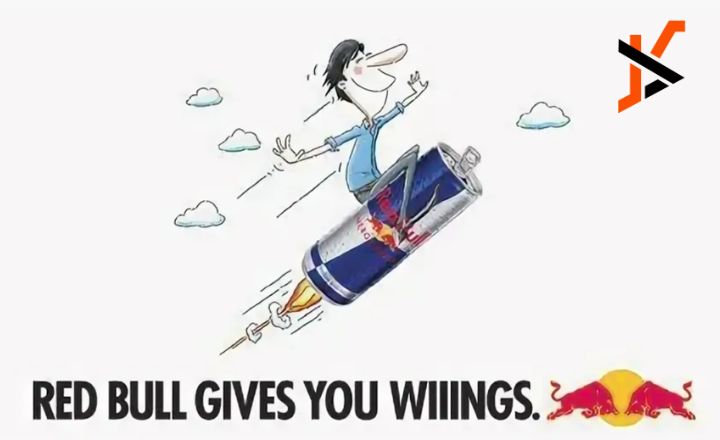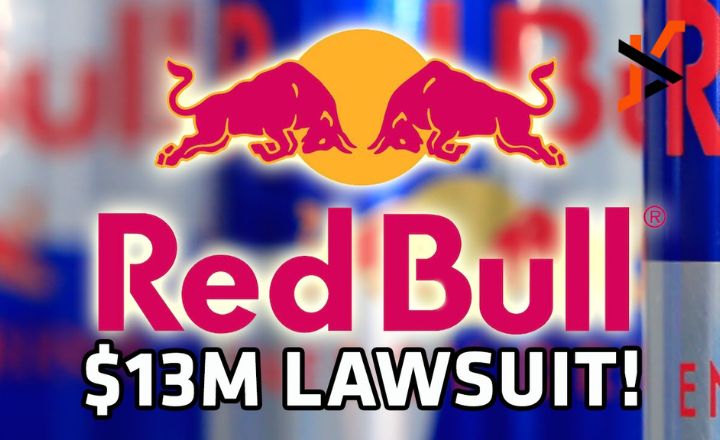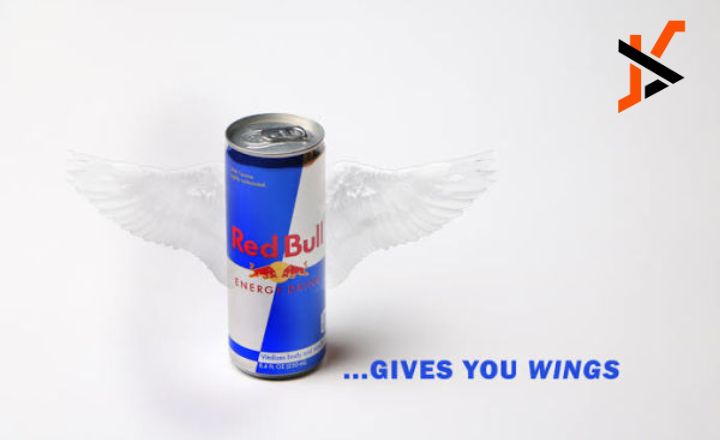In the world of energy drinks, few brands are as recognizable as Red Bull. With its iconic slogan, “Red Bull gives you wings,” the brand has successfully marketed itself as a source of energy, vitality, and performance enhancement. However, this catchy phrase has also led to legal challenges, notably the infamous “Red Bull gives you wings lawsuit.” In this article, we will explore the background of this lawsuit, the implications it has on the brand, and what it means for consumers and the energy drink industry as a whole.
Background of the Lawsuit
The “Red Bull gives you wings lawsuit” originated from claims made by consumers who argued that the company’s marketing was misleading. The heart of the issue was the assertion that the advertising implied that consuming Red Bull could provide consumers with significant physical and mental enhancements, which the plaintiffs argued was not supported by scientific evidence.
In 2013, a lawsuit was filed in the U.S. District Court for the Southern District of New York by two consumers, Benjamin C. and Michael F., who claimed that they were deceived by the company’s marketing practices. They argued that the claims made by Red Bull did not reflect the actual effects of the drink and that they had bought the product under pretenses.
The Allegations
The plaintiffs alleged that the phrase “Red Bull gives you wings” was not just a catchy marketing slogan but also suggested that consuming the product would enhance performance in a way that was scientifically unproven. This led to accusations of false advertising and deceptive marketing practices. The lawsuit claimed that consumers were led to believe that the drink could provide benefits that it simply could not deliver.
The legal challenge highlighted a broader issue within the energy drink industry, where many brands make bold claims about their products’ performance-enhancing capabilities. With health concerns about caffeine consumption and the effects of energy drinks on overall well-being, the lawsuit tapped into a growing skepticism among consumers regarding what they were putting into their bodies.
The Legal Proceedings
As the lawsuit gained traction, Red Bull vehemently denied the allegations, arguing that their marketing was simply a playful expression and not meant to be taken literally. The company maintained that while its product did provide a boost of energy due to its caffeine and sugar content, it did not assert that consumers would grow wings or achieve superhuman abilities.
The legal proceedings were closely followed by both the media and consumers, with many wondering how the case would unfold and what the implications would be for both Red Bull and the energy drink industry at large. The case raised questions about the responsibility of companies in their advertising practices and the need for transparency when it comes to product claims.

The Settlement
In 2014, the case reached a resolution when Red Bull agreed to settle the lawsuit for $13 million. The settlement included provisions for compensating affected consumers, as well as changes to the company’s marketing practices. Consumers who had purchased Red Bull products could file claims to receive a portion of the settlement.
The settlement also mandated that Red Bull clarify its advertising language, ensuring that future marketing would not mislead consumers about the effects of its products. This outcome not only impacted Red Bull but also set a precedent for other companies in the energy drink sector, prompting them to evaluate their advertising practices more critically.
Implications for the Energy Drink Industry
The “Red Bull gives you wings lawsuit” has had far-reaching implications for the energy drink industry. Following the settlement, many companies began to reassess their marketing strategies and the claims made about their products. The case served as a wake-up call for brands that relied on bold advertising to attract consumers, emphasizing the importance of substantiating claims with scientific evidence.
Moreover, the lawsuit played a part in the growing scrutiny of energy drinks as a whole. As public health concerns regarding caffeine consumption and the potential health risks of energy drinks continued to rise, brands were compelled to adopt more responsible marketing practices. Regulatory agencies also began to take a closer look at how these products were marketed, leading to increased calls for transparency and consumer education.
Consumer Awareness and Education
One of the most significant outcomes of the lawsuit was a heightened awareness among consumers about what they were consuming. The legal challenge prompted many people to question the validity of marketing claims made by energy drink companies, leading to a more informed consumer base.
This shift in consumer behavior has pushed brands to provide clearer information about their products, including ingredient lists and the potential effects of their drinks. Educational campaigns began to emerge, focusing on the importance of understanding caffeine’s effects on the body and the potential risks associated with excessive consumption.
Furthermore, the lawsuit encouraged health organizations and regulatory bodies to advocate for clearer labeling of energy drinks. This movement aimed to empower consumers to make informed choices about their dietary habits, particularly in the context of energy drinks, which often contain high levels of sugar and caffeine.
Regulatory Changes and Industry Response
In the wake of the “Red Bull Gives You Wings,” regulatory bodies started to scrutinize energy drinks more closely. Governments and health organizations began to propose regulations aimed at ensuring that marketing practices were truthful and not misleading. This included calls for stricter guidelines on health and performance claims made by energy drink companies.
Many brands responded proactively by reformulating their products to reduce sugar and caffeine levels, as well as improving transparency in their marketing. Some companies began to focus on promoting healthier alternatives or expanding their product lines to include options with lower caffeine content.
The energy drink industry as a whole began to shift towards more responsible marketing practices, recognizing the importance of consumer trust and the potential risks associated with misleading claims. Companies that adapted to this new landscape were better positioned to succeed in a market where consumers were increasingly skeptical of bold marketing statements.

Conclusion
The “Red Bull gives you wings lawsuit” stands as a pivotal moment in the intersection of marketing, consumer rights, and public health. The case highlighted the importance of honesty in advertising and the need for companies to substantiate their claims with factual evidence. As Red Bull navigated the legal challenges, it was forced to reevaluate its marketing strategies, ultimately resulting in a more responsible approach to advertising.
For consumers, the lawsuit served as a reminder to critically assess marketing claims and to be aware of the potential health implications of energy drinks. The settlement not only compensated affected consumers but also set a precedent for future legal challenges in the industry, emphasizing that misleading advertising could have significant consequences.

